Refurbishments
Or Call: (020) xxxx–xxxx
Do you want to make your home more attractive? If so, then you might be interested in a home refurbishment. Home refurbishments are the process of improving and modernizing your home’s appearance. You can do this either by converting or extending it and renovating it with new parts and materials.
This blog post will discuss what a home refurbishment is and why you would need one. It’ll also look at some of the benefits that come from having a home refurbishment done on your property!
What are home refurbishments?
Home refurbishments are the processes of improving and modernizing your home’s appearance. There are a couple of different ways to refurbish your property, such as by converting or extending it and renovating with new parts and materials.
Types of home refurbishments
There are three main ways that you can refurbish your home:
• Conversions: Converting is the process of changing a property’s existing layout. This includes turning it into an open-plan area or adding more rooms to turn one-floor space into multiple storeys!
Conversions help add an extra bedroom or convert the loft space. The areas of your home you can convert include your loft, garage, and garden.
• Extensions: An extension is precisely what it sounds like! It’s adding more rooms to your property with a new structure. Extending your house can be done by building on the existing home or even underneath it if you have enough land for underground construction. Extensions are great for increasing living spaces, making room for growing families, and creating more storage areas in places that previously had none!
The types of home extensions you can have include:
- A porch or conservatory
- An annexe, such as a granny flat for the in-laws to move into. This can be built onto your home or even added to an already existing structure if you have one!
• Renovations: A renovation means completely updating all internal parts of your home – including wiring, plumbing, insulation, and any decorative items such as flooring or wallpaper. The result will feel modernized but also very much suited to the character of your home.
When should you consider home refurbishments?
If you want to make your house more attractive to potential buyers in the future when selling it (or if you’re looking for an investment), then one option is to have a home refurbishment done on your property!
Home refurbishments often lead to fast improvements in the value of your property because they add appeal and benefit both inside and outside. You also won’t need planning permission in most cases because many homes do not require building regulations for renovations that don’t affect the structure of a property.
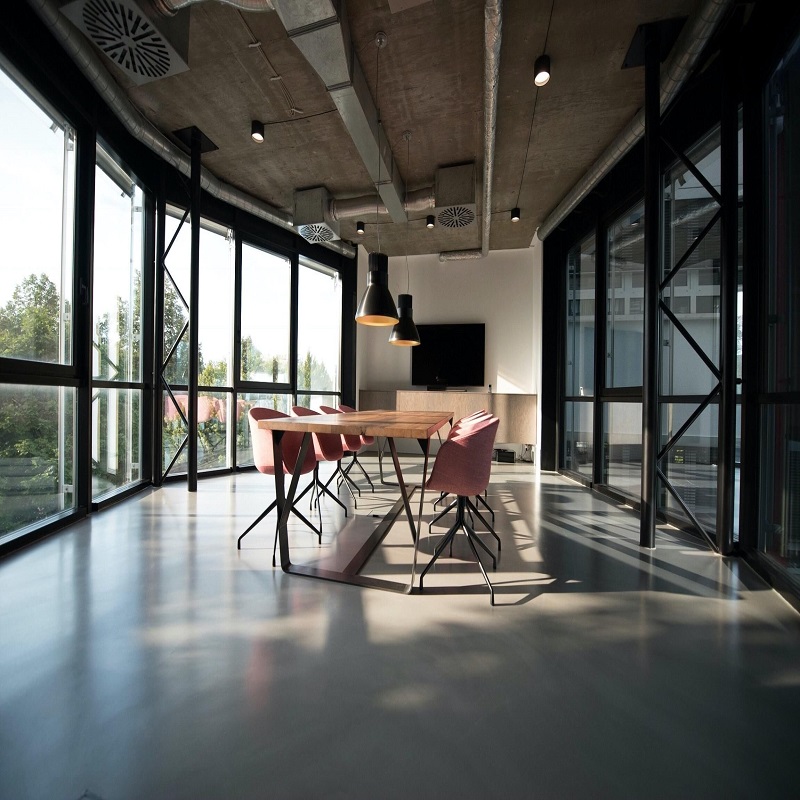
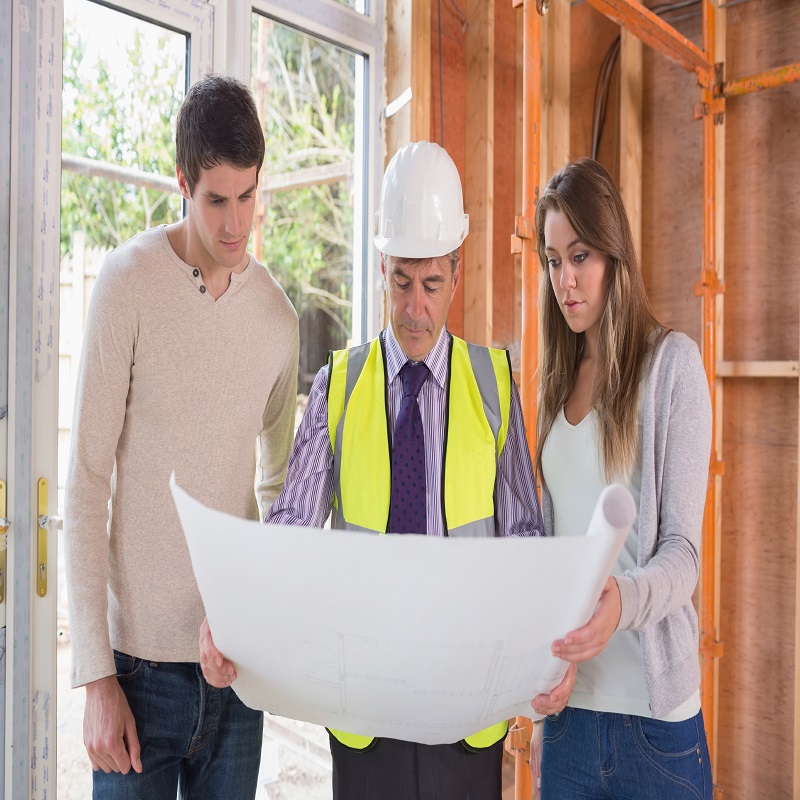
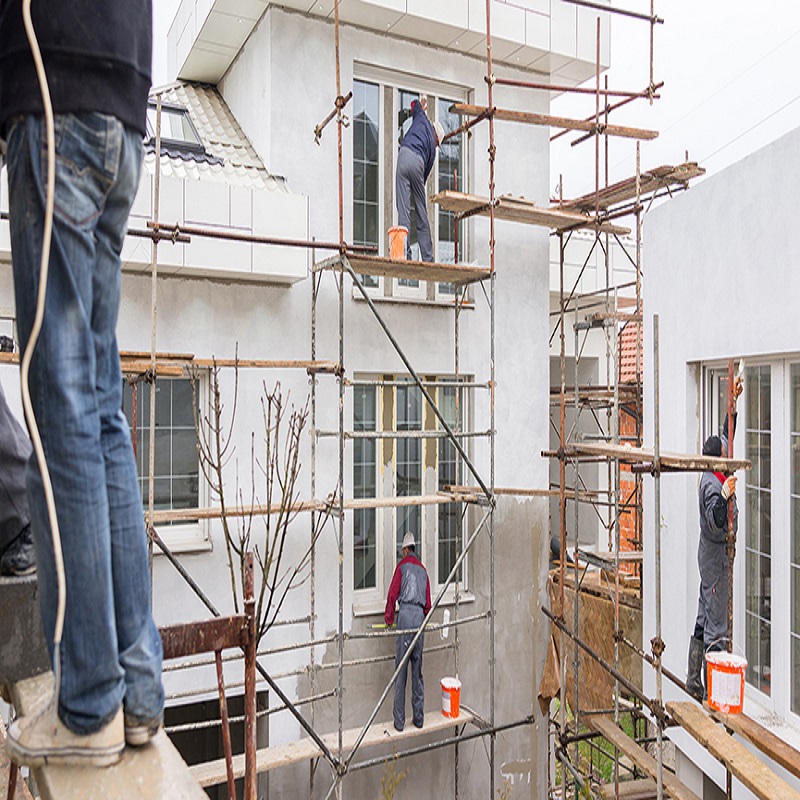
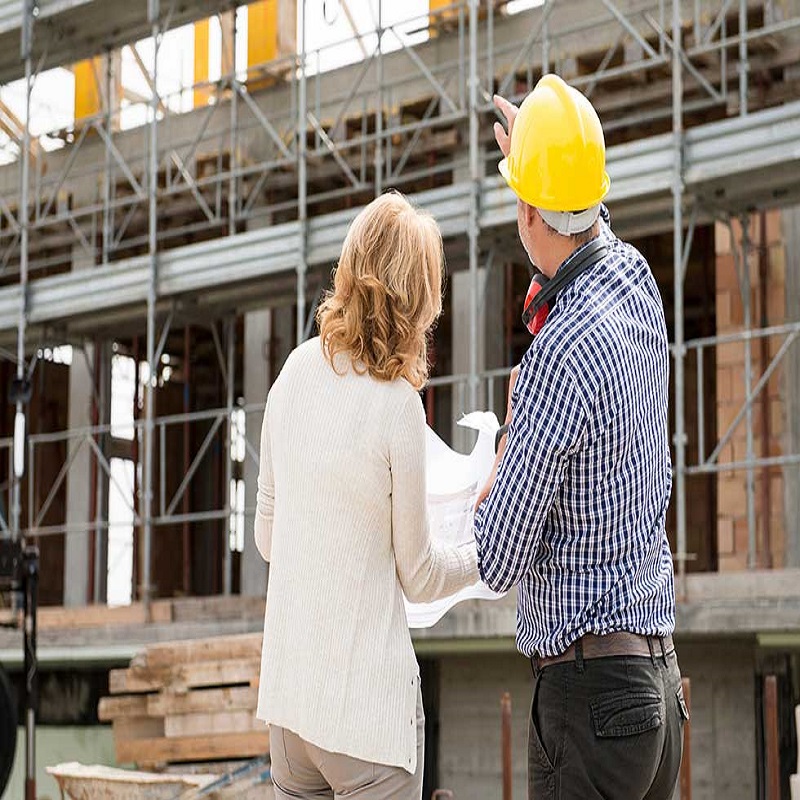
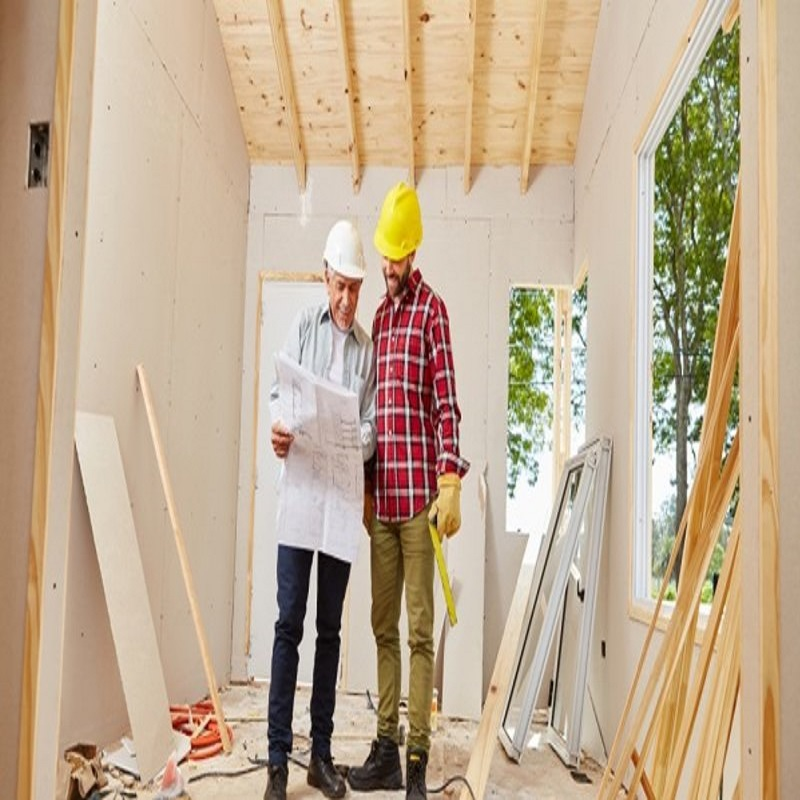
The benefits of home refurbishments:
• Fast improvements
A simple paint job and some new furniture can make your house look brand-new, so it’s sure to attract more potential buyers than before! If you’ve been thinking about moving for a while now, this is an excellent way to get started as soon as possible.
• It’s cost-effective
Home refurbishment doesn’t have to be expensive if you know what costs are involved beforehand or receive several quotes from various contractors. This means that any money saved by doing up your home yourself will be pure profit instead of wasted on renovations which may not improve your quality of life in the long run! Unlike other home improvement projects, refurbishments can be completed quickly, and there are fewer rules or limitations.
• Fewer rules and limitations
Home refurbishments are easier to complete compared with other projects because there are fewer rules. So if you’re thinking about moving for a while now, this is an excellent way to get started as soon as possible!
• A more homely feel
Home refurbishment is a great way to give your house an extra level of comfort that you didn’t have before; maybe it’s the new tiling in the bathroom that makes you feel like showering every day again! Perhaps it’s brand-new flooring for your living room or kitchen that means no one has to worry about spilling drinks on their carpet anymore. It might even mean adding some creative storage space where once was just wasted area – making life simpler without having to change rooms entirely! This is an excellent opportunity to make the most out of what should already be considered somewhere special.
• It can add value
If you’re looking at selling your house in the future, a refurbishment could be just what you need to get it looking its best and attract buyer interest. So if buying or selling is on the horizon for you, we recommend making changes sooner rather than later so that when it’s time to move on from your home of many years – you can do so with confidence, knowing that every possible aspect has been considered and completed!
• Exterior curb appeal
With a home refurbishment, you could even consider adding an extension to your property, whether it’s just adding a conservatory or converting the loft. This is when looking for professional home refurbishment services can come in handy – having someone experienced by your side will ensure that everything runs smoothly and save you valuable time and money!
• You could have fewer maintenance costs
As well as any external changes to make throughout the project, there are plenty of internal ones too, including removing old wallpaper or flooring to replace with something more modern; changing kitchen cupboards and appliances; replacing doors and windows etc. There are many options here, so think about what would work best within each room before committing yourself.
• It can feel like a fresh start
Supposing you’re thinking of moving house but don’t want to spend the money on moving, you could opt for home refurbishments instead. Not only will it save you time and energy (not having to find a new property) but also huge amounts of cash too!
The costs of a home refurbishment
The cost of a home refurbishment is one of the most common questions that people ask when considering a renovation. These are the things you should consider before committing yourself to any costs:
• Home renovation contractor
The contractor you choose will have a direct impact on how much your home refurbishment costs. Make sure you research thoroughly and that they’re up to standard. Otherwise, the job could be more costly than necessary in terms of time and budgeting.
• Parts and materials
The needed parts can vary from one project to another – it’s essential to ensure you’ve got what you need before starting work! Remember that certain products may not last as long or hold their value as others do, so choose wisely when looking at price comparisons with different brands.
• Time
As always, time is money but don’t rush any decisions about costings for this reason alone; if something takes than expected, then the results won’t be as good.
• Location
The area you choose to work in and around influences the cost of refurbishments, so consider this carefully and look for cheaper places if possible. This is especially important when planning extensions or conversions which will affect your home’s appearance from outside – it may not even need extending. Still, a new roofline could make all the difference! In terms of layout, double-checking that you won’t have to move rooms can save time and money on renovations.
• Layout
The way your house is built can add to the cost of refurbishments. Some homes have their plumbing in awkward places, meaning breaking through a wall and disrupting rooms. Then there’s taking into account electricity points or gas supplies that may be required for work being carried out
• Seasonal factors
Home refurbishments can be a year-round job, but those looking to do work over the winter months could find themselves at a disadvantage. Construction firms often need nice weather to finish works on time – meaning that if you’re planning renovations for summer, it may be best not to hang around!
The costs of a home refurbishment
One vital part of home refurbishments is to have a budget in mind before you start. You’ll need to be realistic, but it’s important not to go over the top with your outgoings either.
• Create and stick to a budget
Budgeting in home refurbishments is essential because it’ll help you avoid overspending – and can also be used to calculate how much money you’re making. If your home value has increased, then the taxman may see this as a source of additional income for yourself!
• Pay cash
One way in which many people save money on their home refurbishments is by paying with cash rather than credit. While there are some cases where having finance available could work out cheaper (as well as provide more flexibility), if you have enough savings to cover all costs from start to finish, staying away from high-interest rates will make sure that your budget remains intact.
• Take your time
Taking your time when undertaking a project around the house might not sound like the best way to save money, but it can make a big difference in some cases. Waiting for deals or discounts before making larger purchases might mean that you end up spending less overall – and this is true whether you are buying materials, hiring contractors or paying tradespeople.
• Do it yourself
Of course, one of the most affordable ways to complete home refurbishments would be if you could manage everything on your own! This may not always be possible (or even preferable), but learning how things work and what needs fixing/improving might pay off down the line where there are more than just basic handyman tasks involved. If nothing else, DIY projects give homeowners an idea of which parts of their property need improvements.
• Reuse materials
When you are thinking about ways to save money on home refurbishments, it is crucial in the short term and terms of environmental impact. Reusing materials can be an excellent way for homeowners to cut costs while ensuring any renovations they perform will have fewer adverse effects than if you used brand new building supplies.
• Balance high and low-end materials
Some items which look nice may cost more when compared with their counterparts that don’t seem quite as appealing at first glance. Materials like tiles or flooring often come with an additional price tag because of the aesthetic value rather than function alone; however, there might be another material available within your budget that does exactly what you want without looking too bad.
• Wait for sales before making big purchases
You don’t have to pay the full price for the renovations you want; waiting until a sale or discount can save you money. You also need to make sure it isn’t an item that will go out of style soon. Otherwise, it may be difficult to find another similar product at such low prices in just a few months.
• Enlist help
Hiring someone else to do your refurbishments might cost more than doing them yourself because they will charge by the hour, and if something goes wrong, then their hourly rate doesn’t change, so they could potentially lose money on this job. However, hiring someone who has done these things before means, fewer mistakes are likely made, which leads to fewer costs involved with fixing those errors.
• Be smart about hiring help
Some people will hire their friends or family for cheap in an attempt to save money. While this is a good idea, make sure they are qualified, and the work you get from them isn’t poor quality because if it is, you can potentially lose thousands on your home refurbishments which wouldn’t be worth it at all.
• Find money-saving “hacks.”
If possible, try to find ways to reuse everyday objects around the house rather than buy new items or hire someone else to do these things for you. For example, if something breaks but only needs a slight fix, instead of getting rid of it completely, buy parts required to repair what’s broken and use those parts yourself!
• Keep your home’s footprint the same
When it comes to home refurbishments, try not to change the footprint of your home by adding on rooms, moving walls etc., as this can make selling the house harder and more expensive in the future!
• Sell anything you’re not using
If something around your house isn’t being used, sell them or give them away, don’t just leave things lying around unused because this could be money wasted. Save everything you can save, of course, but if an item needs repairing, then fix it yourself instead of wasting money buying a new one (if possible).
• Stick to the classics
When it comes to home refurbishments, try and think classic, don’t go crazy with the design of your house as you may regret this later on.
• Don’t skimp on cost-saving opportunities
Sometimes if you see an opportunity for a cost-saving, then take it, don’t just ignore it, thinking that it will not matter.
If you need help with anything else please feel free to call us on
020 xxxx xxxx
